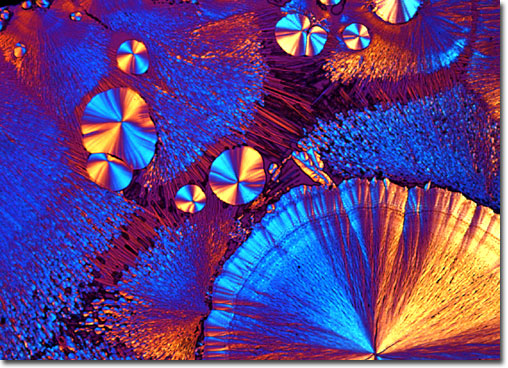|
Essential for animal metabolism, pantothenic acid plays a variety of roles within the body. It is, for instance, a basic component of coenzyme A and is involved in the decarboxylation of pyruvate in the citric acid cycle. The vitamin is also necessary for the bodily production of red blood cells and steroid metabolism, as well as the stimulation of antibody synthesis and proper neuron activity. Some of the many dietary sources of pantothenic acid include yogurt, mushrooms, eggs, lentils, meats, soybeans, and wheat germ. Due to its prevalence in nature, deficiencies of the vitamin are extremely rare. When they do occur, however, it is typically as an unwelcome side effect of another pharmaceutical.
|
